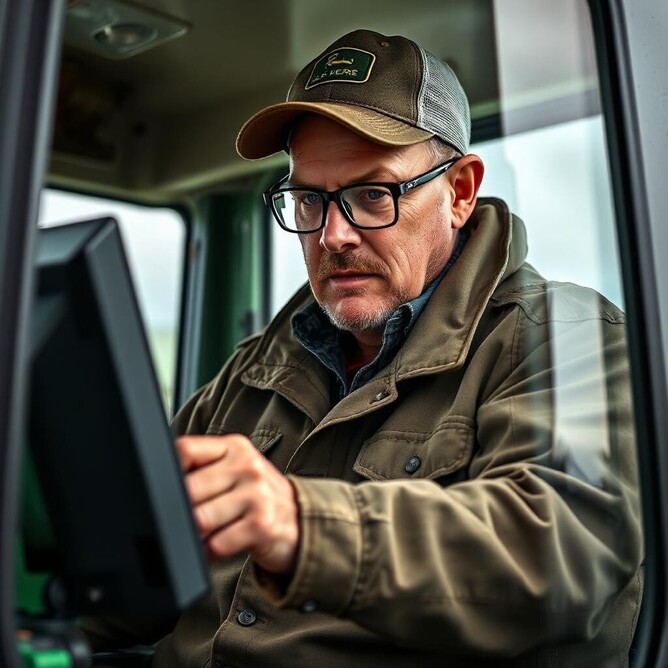Farming is one of the most rewarding jobs in the world — but it’s also one of the most demanding. From fencing and machinery, to chemicals, dust, and long hours in the sun, farmers’ eyes are exposed to risks every single day. Protecting your vision is just as important as protecting your back, joints, or hearing. After all, healthy eyesight keeps you safe, productive, and independent.
1. On-Farm Eye Hazards
Farmers often face unique risks, including:
Dust, pollen, and debris from cultivation and stock work
UV damage from long hours in the sun
Machinery and fencing injuries (wire flicks, grinding, chainsaws, workshop accidents)
Chemicals and sprays, which can cause burns or irritation
Animal-related injuries, such as kicks or scratches
2. The Importance of Eye Protection
Just like you wouldn’t run a chainsaw without ear protection, safety glasses should be standard on the farm.
Impact-resistant lenses can save your eyesight in a split second when fencing wire or grinder sparks fly.
Prescription safety glasses mean you don’t have to compromise between clear vision and protection.
Wraparound sunglasses with UV protection reduce glare and long-term risks like cataracts or macular degeneration.
Transitions™ lenses (photochromic lenses) can give you the best of both worlds — providing everyday clear vision indoors, while automatically darkening outdoors to give you sun protection and safety protection all within the one lens.
3. Looking After Your Vision Long-Term
Farm work is hard on the body, but gradual damage to the eyes is often overlooked. We recommend:
Regular eye exams (every 1–2 years) to detect glaucoma, cataracts, or retinal issues early
Advanced imaging (OCT scans) for monitoring subtle changes in eye health
Contact lenses, Ortho-K, or laser surgery co-management for farmers who want clear vision without glasses getting in the way
4. Practical Tips for Farmers
Keep a pair of safety glasses in every workshop, tractor, or ute
Have sunglasses handy for long days outside
If something gets in your eye, flush immediately with clean water and seek help if it doesn’t clear
Don’t ignore small changes in vision — they can indicate bigger problems
5. Fast, Expert Care When Things Go Wrong
If you get a foreign body in your eye — whether it’s a bit of wire, dust, or metal — we can treat it under ACC, getting you back to work quick smart.
As a therapeutically qualified practice, we can also prescribe the right medicines to heal the eye and prevent infection. And for those ongoing irritations, we’re experts in diagnosing and treating dry eye properly the first time, so you don’t waste time on guesswork or ineffective solutions.
6. We Understand Farming Life
Our Therapeutic Optometrist, Ryan, has real hands-on experience in agriculture — from milking cows in Taranaki, to working with Simmental and Angora on a Hawke’s Bay stud, and even being in the crush with a hacksaw, scoring some of New Zealand’s best deer trophy genetics.
This experience gives us a genuine understanding of farming life and the unique eye health challenges it brings. At Ashburton Eyecare, you’ll find a team that speaks your language and knows the value of protecting your most important tools — your eyes.
👉 Book an appointment today at Ashburton Eyecare to make sure your vision is ready for the seasons ahead.


